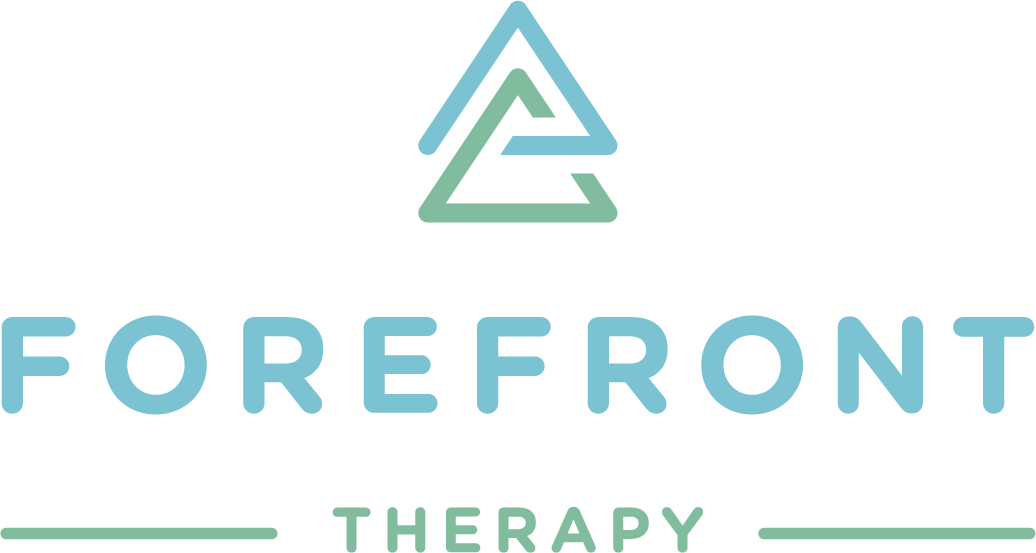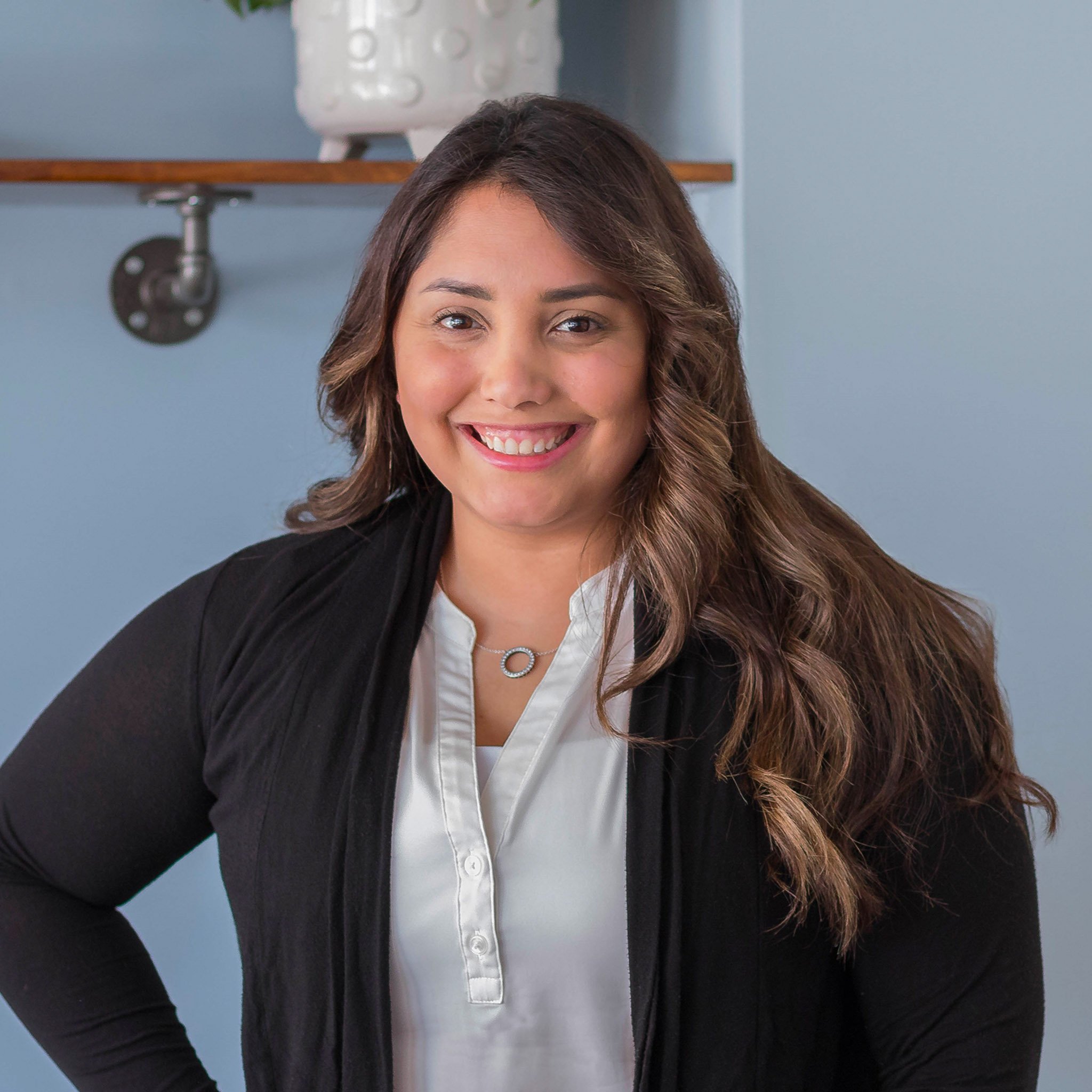As parents, we often find ourselves making sacrifices to ensure our children receive the best care possible. Whether it's juggling work schedules, rearranging family plans, or managing the daily chaos, we show up to every therapy appointment with the hope that our children will achieve the milestones and goals that brought us here in the first place.
However, the path to progress isn’t always straightforward. At our pediatric therapy practice, we recognize that building a strong, trusting relationship with each one of the kids that we get to work with. This is not just a “nice-to-have”—it’s essential for achieving meaningful progress in therapy. Here’s why connection is so vital to our approach:
As occupational therapy practitioners (OTPs), we understand that our role goes beyond merely guiding children through therapeutic activities. We focus on supporting their participation in activities of daily living (ADLs), play, leisure, and social interactions (AOTA, 2024). Each child’s unique developmental, health, sensory, and learning needs influence their progress in therapy, and it is through attunement and looking at them with a holistic lens that we can best tailor their individualized needs and the ones from your family so they can more adaptively participate in daily activities. We do detective work!
Our expertise in sensory integration helps children develop a more organized nervous system. We also ensure a safe and supportive environment where children can actively participate in sessions and everyday activities - whether it's joining a birthday party, participating in a baseball team, or enjoying a playdate with friends. This holistic approach supports their growth and development in a meaningful way, contributing to their overall well-being, confidence, and success.
The Role of Relationship in Therapy
A solid, trusting relationship between therapist and child is crucial for facilitating adaptive responses. Dysregulated children need adults who will engage and stay attuned with them when they are overwhelmed, rather than just managing their behaviors. By focusing on this connection, we help children feel more secure, which improves their ability to participate in day-to-day activities. Attunement allows us to understand and address their sensory needs, emotions, and experiences, creating a calming and supportive environment.
Research highlights the importance of therapeutic relationships in supporting children’s progress. Studies have shown that children who feel heard and understood are more likely to achieve their goals (Shea & Jackson, 2015; O’Connor et al., 2021). The quality of the relationship between the therapist and the family directly impacts the effectiveness of therapy and driving meaningful change (Gagné-Trudel et al., 2024; King et al., 2021). Lastly, building meaningful relationships allows them to learn and develop adaptive sensory-motor and emotional skills (Stackhouse et al., 2023). When children are less stressed and more secure, they are better able to recognize their bodies, physical reactions and emotional states.
Trust the Process
Building a strong connection with your child’s therapist takes time, but it’s crucial. It’s natural to wonder how this focus on connection fits into your child’s therapy goals. However, developing a solid therapeutic relationship is not just an extra—it’s a key part of helping your child make progress. A therapist who listens and understands your child deeply can make a big difference in their overall success.
We are committed to supporting your child’s journey and believe in the power of collaboration. Your insights and intuition as parents are crucial, and by working together, we can create a positive impact on your child's life. Don't hesitate to reach out with any questions or concerns. Observing your child's sensory responses and fostering a safe and supportive environment can support their well-being. Let’s continue this journey together.
Citations
American Occupational Therapy Association. (2014). Occupational therapy practice framework: Domain and process (3rd ed.). American Journal of Occupational Therapy, 68(Suppl. 1), S1–S48. https://doi.org/10.5014/ajot.2014.682006
Gagné-Trudel, S., Therriault, P. Y., & Cantin, N. (2024). Exploring Therapeutic Relationships in Pediatric Occupational Therapy: A Meta-Ethnography. Canadian journal of occupational therapy. Revue canadienne d'ergotherapie, 91(1), 78–87. https://doi.org/10.1177/00084174231186078
King, G., Chiarello, L. A., Ideishi, R., Ziviani, J., Phoenix, M., McLarnon, M. J. W., Pinto, M., Thompson, L., & Smart, E. (2021). The complexities and synergies of engagement: an ethnographic study of engagement in outpatient pediatric rehabilitation sessions. Disability and rehabilitation, 43(16), 2353–2365. https://doi.org/10.1080/09638288.2019.1700562
O'Connor D., Lynch H., Boyle B. (2021). A qualitative study of child participation in decision-making: Exploring rights-based approaches in pediatric occupational therapy. PLoS ONE, 16(12), 1–20. https://doi.org/10.1371/journal.pone.0260975
Shea C.-K., Jackson N. (2015). Client perception of a client-centered and occupation-based intervention for at-risk youth. Scandinavian Journal of Occupational Therapy, 22(3), 173–180. 10.3109/11038128.2014.958873
Stackhouse, T. M., Burke, H. K., Hacker, C. G., Burke, L. M., Hui, C. E., Osten, B., & Lane, S. J. (2023). Integrated Occupational Therapy Camp for Children with Regulation/Sensory Processing Differences: Preliminary Evaluation. Canadian journal of occupational therapy. Revue canadienne d'ergotherapie, 90(1), 25–33. https://doi.org/10.1177/00084174221129941
About the author:
Jackeline Yagual, MSOT, OTR/L is a bilingual Pediatric Occupational Therapist who completed her masters and undergraduate degrees at the University of Southern Indiana. She is originally from Ecuador and grew up sharing her parent's passion for their family business which specializes in creating developmentally appropriate and sensory based environments for children. She moved to Evansville to further her education and commitment to helping children through up to date sensory integration practices. She is very compassionate and attentive to families and strives to support caregivers in the process!
Disclaimer: The information provided in this blog post is intended to offer general insights into sensory-based occupational therapy and its potential benefits for children. Individualized care and professional assessment by a qualified sensory-based Occupational Therapist (OT) are essential to understanding and addressing the specific needs of each child. The content presented here should not be considered a substitute for personalized guidance from a healthcare professional. For personalized guidance, individualized care, and a thorough assessment of your child's needs, consult with a qualified sensory-based Occupational Therapist (OT) and email us at info@forefronttherapy.org or jackie@forefronttherapy.org


